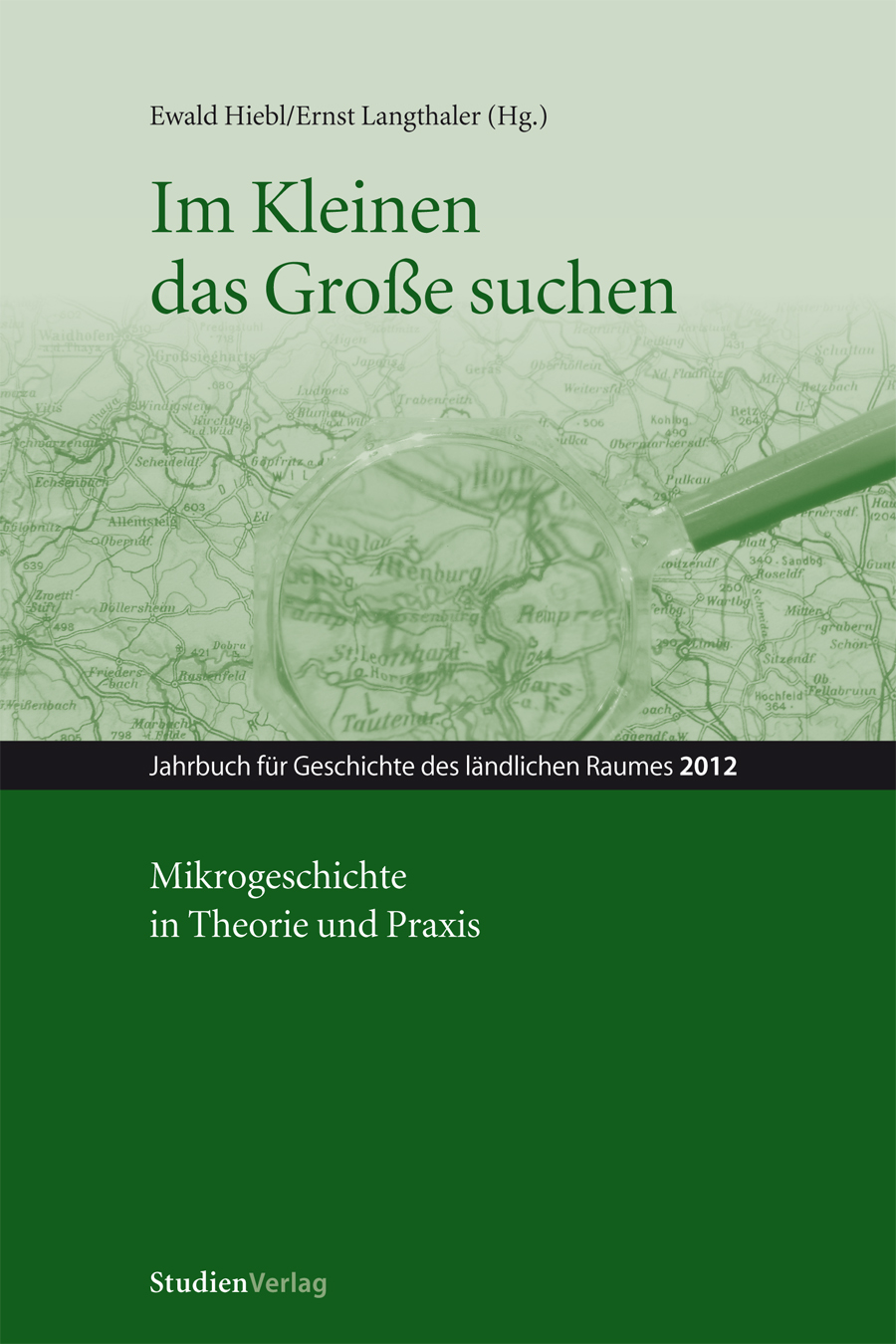The Controversy over the Wetterläutverbot in Salzburg in 1785
Microhistory in Action
DOI:
https://doi.org/10.25365/rhy-2012-9Abstract
The article examines the 1785 controversy in Salzburg surrounding a new law that prohibited the use of church bells to warn people of bad weather. The court protocols from this year highlight a decade-old conflict and provide an example of an ongoing peasant rebellion. Despite careful preparation, the rural folks resented the government’s new law and understood the prohibition as an encroachment on their village autonomy. Traditional peasant rituals surrounding weather predictions could not simply be discarded as superstitions. The conflict between the state and peasant culture highlights how peasants approached weather and protection from natural disasters differently. After the outlawing of the use of church bells as an early warning system, peasants started to blame the government for any destruction and demanded compensation.


